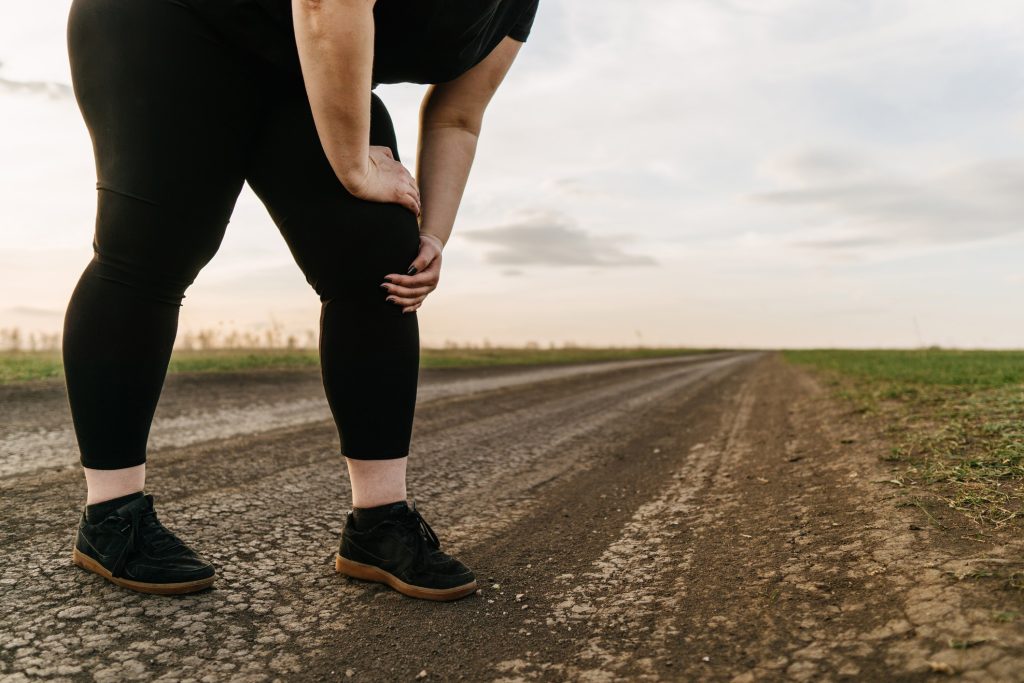I think, at one point, that all of us have struggled with our weight in life, my friends. Many still do across the US. Around 40 percent of adults are considered obese, which is not just “overweight” in medical terms. People who are considered overweight have a body mass index (BMI) above 25 but below 29.9, while people who are considered obese have a BMI over 30.
Obesity has been linked to several serious health conditions, including heart disease and diabetes, but now it looks like we may have to add osteoarthritis to the mix.
Joint pain and arthritis are common in people who are obese or overweight, and researchers have found some evidence that inflammation bodywide may be driven by your gut microbiome. An unbalanced diet can be a factor here because such a diet will create an imbalance in your gut microbiome.
As reported by Genetic Engineering and Biotechnology News, researchers at the University of Rochester Medical Center discovered that obese mice had more harmful gut bacteria than lean mice, and this appeared to cause inflammation throughout their bodies which led to joint degeneration (https://www.genengnews.com/topics/omics/obese-microbiome-may-be-real-cause-of-wear-and-tear-arthritis/). While a prebiotic supplement did not help the obese mice to lose any weight, it did reverse other symptoms, making the joints of the obese mice appear the same as the joints in the lean mice.
Increased joint degeneration is also an issue in people who are more sedentary, and it may be set off by the weakening of cartilage and leg muscles caused by inactivity. Interestingly, previous studies have found that physical activity alters the composition of the gut microbiome regardless of what type of diet is followed. One study, according to Medical News Today, found that mice who exercised had an increase in production of fatty acids that are known to benefit colon health (https://www.medicalnewstoday.com/articles/320264).
With all the benefits for your joints and overall health, aiming for a healthy gut microbiome just makes sense. Eating a healthy diet of lean protein and natural, unprocessed foods can go a long way here, but changing your current eating habits will be difficult, especially when you first start out. Begin by mapping out your meals in advance. This will make it easier to shop and help you avoid fast food and other last-minute meal purchases, and it could save you some money, too!
